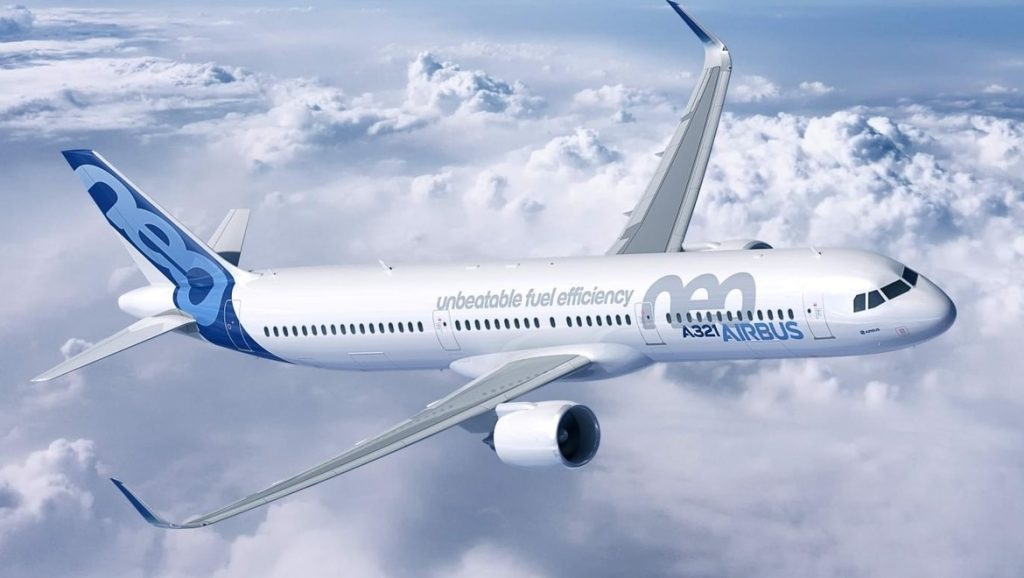
A UK high court judge has denied a request from Qatar Airways to restore a cancelled order of A321neo aircraft on behalf of Airbus, as part of the ongoing high-stakes legal battle between companies.
It comes as the latest development of the aerospace giants’ dispute over initial complaints about the European planemaker’s widebody A350 jets having paint and lightning mesh flaws, resulting in the Doha-based airline grounding up to 23 of the aircraft.
Amid the row, Airbus cancelled an order of 50 A321neo aircraft claiming Qatar was mislabelling the defects in January, but the Gulf carrier has since been fighting for the cancellation to be revoked.
However, the judge rejected Qatar’s claim that it could not find alternatives to replace the order, such as leasing aircraft or using Boeing 737 jets on order.
The ruling means that Airbus can now sell the in-demand jets to other carriers.
“Airbus is pleased that this issue is now behind it and that we can now focus on the main topic of misrepresentation by Qatar Airways of safety and airworthiness of the A350,” said an Airbus spokesperson.
“The litigation is about the misrepresentation on the safety and airworthiness of the A350, which we will continue to defend, as well as the reputation of its operators and the rules governing aviation safety in the face of unjustified claims.”
Within months, Qatar has rescinded a contract for three A350 jets, on top of the groundings, and is still seeking compensation of over US$1 billion to mitigate the ongoing operational impacts from the stood down jets.
Although both the Federal Aviation Administration and the European Aviation Safety Administration have claimed the A350 defects are only cosmetic, Qatar insists they are a major safety concern.
Separately, Airbus is seeking $220 million in compensation over the rejected A350 aircraft, despite Qatar denying it broke its contract with the planemaker in March.
However, Airbus ultimately won the case as its contract with Qatar was connected by a “cross-default” clause, meaning the manufacturer has a right to axe a deal if an airline refuses to honour another agreement.
The airline has been ordered to pay most of Airbus’ A321neo costs as part of the case.
According to Reuters, a person familiar with the matter said while Qatar had no comment, the carrier said the A321neo issue was secondary to its concerns over the A350 aircraft.
Outside of the dispute, several industry leaders have feared this issue sets a concerning precedent for future contracts.
The director general of the International Air Transport Association, Willie Walsh, said in January it is “worrying” and he would “hate to think that one of the suppliers is taking advantage of their current market strength to exploit their position, and that is something we are watching very closely.”
An anonymous head of a large airline fleet told Reuters that “people will look at this and take extra care to resist such cross-default clauses”.




